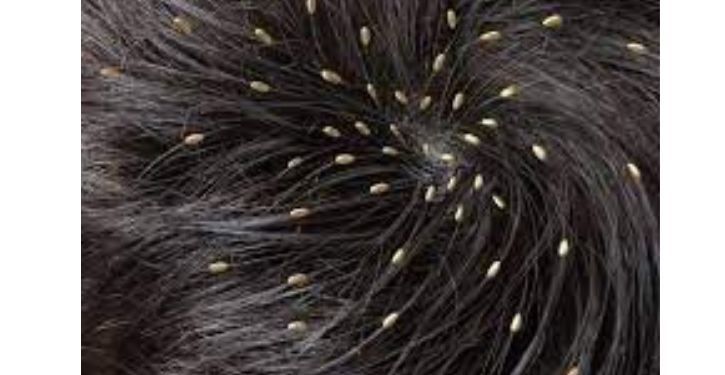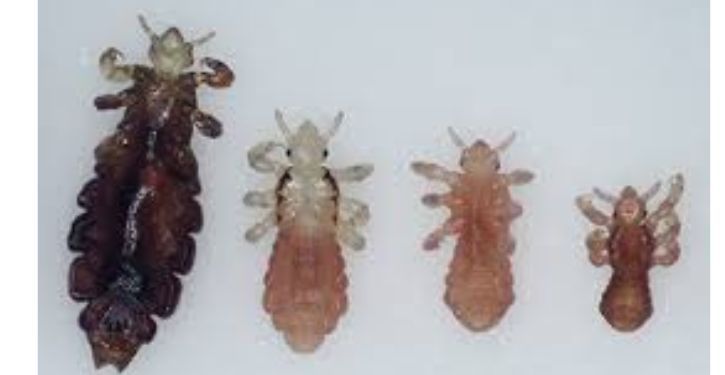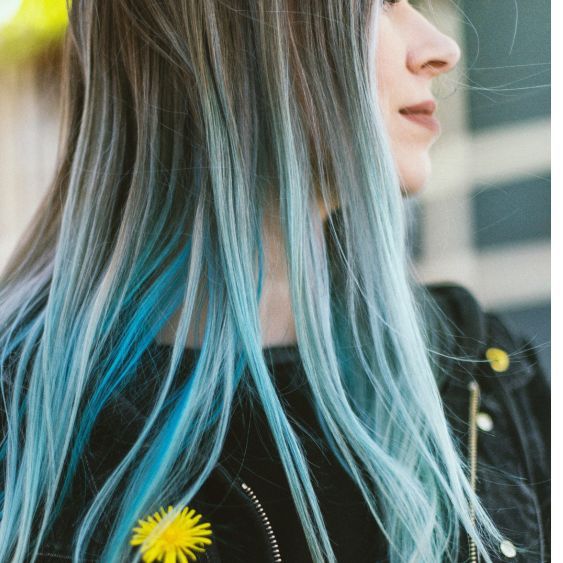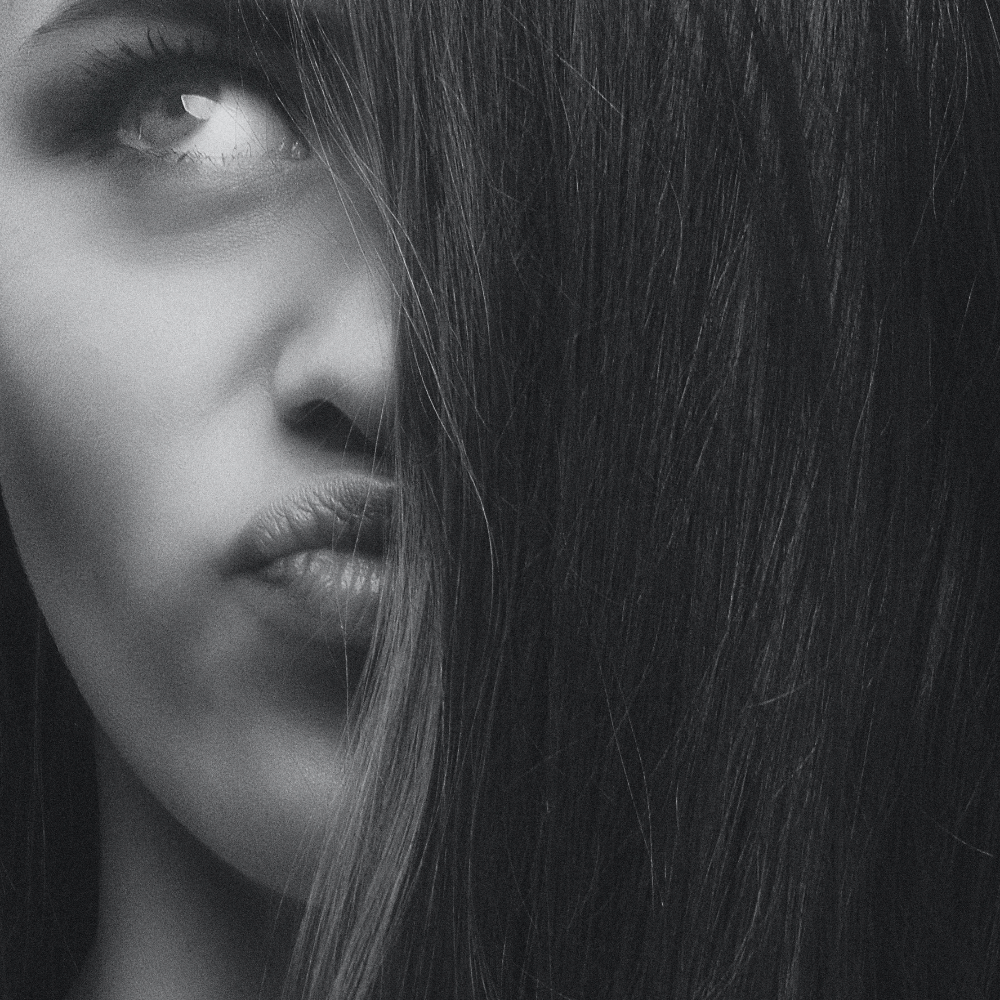The Hidden Truth: Can Hair Dye Really Eliminate Lice?
Welcome to this in-depth exploration of a common query: Does hair dye kill lice? Facing a lice infestation can be an unnerving experience, and during such times, you're likely to hear a variety of home remedies being suggested. One such remedy that often comes up is the use of hair dye. But does it really work? This article aims to shed light on this question, providing scientifically-backed answers for your peace of mind.
We will dive deep into the biology of lice, explaining how they invade human scalps, survive, and reproduce. We'll also explore their resilience and resistance against various substances, including hair dye. From there, we will break down the chemicals contained in hair dye, scrutinizing each ingredient to determine if they possess any lice-killing properties.
Understanding the truth behind this topic is crucial because misinformation can lead to ineffective treatments, leading to prolonged infestations. This not only causes unnecessary discomfort but also exacerbates the stress associated with lice infestations. A clear understanding of what works and what doesn't in treating lice helps individuals make informed decisions, reducing the chances of unsuccessful treatments.
Whether you're currently dealing with a lice problem, want to be prepared should you ever face one, or are simply curious about the validity of this widely-suggested home remedy, this article promises to be an enlightening read. Our goal is to provide you with accurate, reliable information so you can effectively tackle lice head-on.

Delving into the Biology of Lice
To accurately evaluate the impact of hair dye on lice, we must first dissect the intricate biology of these minuscule parasites. Lice are tiny, wingless insects that have adapted to live on the warm, blood-rich environment of the human scalp. They feed off the host's blood multiple times a day to survive and reproduce. Their bodies are highly specialized for this lifestyle, equipped with claw-like legs that allow them to firmly grip onto hair strands, making them incredibly difficult to dislodge even during vigorous washing or combing.

The life cycle of lice is another crucial aspect to consider. This cycle consists of three stages: the nit or egg stage, the nymph stage, and finally the adult stage. Female lice lay their eggs, known as nits, close to the scalp where it's warmest, ensuring the best survival rate for their offspring. These nits hatch into nymphs after about a week. Over the next ten days, these nymphs undergo several molts, each time growing larger until they reach maturity and become adults. Adult lice are capable of laying their own eggs, thus continuing the cycle and perpetuating the infestation.

Moreover, lice have evolved over time to develop resistance to many commonly used treatments. This is a result of natural selection, where lice that can withstand certain substances survive to reproduce, while others do not. These resistant traits are then passed on to future generations, leading to a population of lice that are increasingly hard to kill. This resilience makes treating lice infestations particularly challenging and is a key factor to consider when assessing the potential effectiveness of using hair dye to combat lice.
Deep Dive into Hair Dye Composition
Next, let's explore the chemical composition of hair dye. Hair dyes are essentially concoctions of various chemicals that are formulated to penetrate hair shafts and alter their color. The primary ingredients in most hair dyes include ammonia, hydrogen peroxide, and p-phenylenediamine. Ammonia is a potent alkaline substance that works to lift the hair cuticle, thereby allowing the dye to seep into the hair shaft. Hydrogen peroxide acts as a developer or oxidizing agent, facilitating the reaction that leads to the formation of color within the hair shaft. P-phenylenediamine, often coupled with other similar compounds, is typically the actual coloring agent that provides the desired hue.

While these chemicals are effective at changing hair color, they can also cause skin irritation and allergic reactions in some individuals. Importantly, they are not designed or tested for their insecticidal properties. Furthermore, the application process of hair dye emphasizes coloring the hair shafts, not treating the scalp where lice and their eggs predominantly reside. This disconnect between the area targeted by hair dye application and the habitat of lice is a significant consideration in evaluating the likelihood of hair dye being an effective lice treatment.
Scrutinizing Hair Dye as a Lice Treatment
Given the resilient nature of lice and the specific formulation and application of hair dye, it seems clear that relying on hair dye to eliminate lice is not a foolproof strategy. The harsh chemicals in hair dye might kill some lice due to their toxicity, but they are unlikely to completely eradicate an infestation. This is especially true for nits, which are encased in a hard shell that offers protection against many chemical treatments.
In addition, the safety implications of using hair dye in this manner should be seriously considered. Regular use of hair dye can lead to damaged hair and scalp irritation. Attempting to use it more frequently or in higher concentrations as a means to kill lice could exacerbate these issues, leading to further discomfort and potential harm.
At the end of the day, while it's possible that hair dye may kill some lice, it should not be considered an effective or recommended treatment for lice infestations. Instead, reliance on proven, scientifically-backed treatments is advised to ensure both efficacy and safety. If you're grappling with a stubborn lice infestation, it's always wise to consult with a healthcare professional or pharmacist to seek expert advice and appropriate treatment options.
Unraveling the Verdict: Hair Dye and Lice
In light of our deep dive into the biology of lice, the composition of hair dye, and a thorough examination of the potential effectiveness of hair dye as a lice treatment, it's clear that hair dye is not a reliable or recommended solution for lice infestations. The resilience of lice, their rapid life cycle, and their ability to develop resistance to chemical treatments present significant challenges that hair dye, with its specific formulation and application, is ill-equipped to overcome. While the harsh chemicals in hair dye may potentially kill some lice, they are unlikely to completely eradicate an infestation, especially when considering the protective hard shell of the nits.
Additionally, the safety implications of using hair dye in an unconventional manner, such as attempting to treat lice, are concerning. Frequent or high-concentration use could lead to exacerbated hair damage and scalp irritation. Therefore, it's advisable to rely on scientifically-backed, proven lice treatments to effectively and safely manage lice infestations. In cases of persistent infestation, seeking advice from healthcare professionals or pharmacists is strongly recommended. They can provide expert guidance and appropriate treatment options tailored to individual needs, ensuring both efficacy and safety in lice eradication.
Thanks for Reading-
Ky & J
Related Reads:






